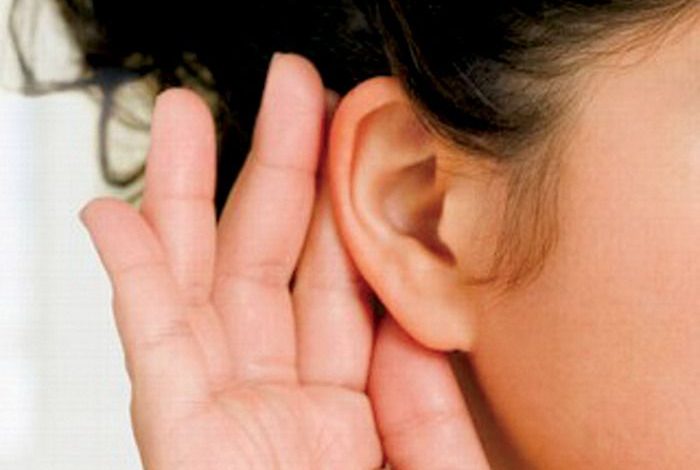Sudden Hearing Loss


Ear, Nose & Throat Care
By Dr Rekha Balachandran


What is sudden hearing loss?
Sudden sensorineural hearing loss (SSNHL) is a sudden rapid loss of hearing—usually in one ear—either suddenly or over a few days. Some complain of an associated buzzing noise and also a spinning sensation. Some people notice the hearing loss as soon as they wake up in the morning. Others realise it after they suddenly can’t hear phone conversations in the affected ear. There are also some who describe it as a “pop” sound followed by a loss of hearing.
What is the cause?
SSNHL is caused by damage to the cochlea or the nerve that connects the ear to the brain. Among the causes are:
- Blood circulation problems that can cause a ‘mini-stroke’ in the tiny blood vessels supplying the cochlea.
- Infections especially viral ones like Herpes infections.
- Injuries to the head or the inner ear.
- Drugs that are toxic to the inner ear (ototoxic drugs).
- Growths or tumours that grow on the nerve that connects the ear to the brain.
- Autoimmune diseases and neurological diseases.
How is it diagnosed?
The first thing to do is to realise this is an emergency and needs immediate intervention. An ENT doctor will examine the ear to look for any causes for the hearing loss (for example wax, or fluid behind the ear drum). If the ear looks normal (as it does in most cases of SSNHL), the next step is to conduct a hearing test called a pure tone audiometry or PTA. If the PTA shows a loss of at least 30 decibels in three contiguous frequencies, SSNHL is diagnosed.
A number of blood tests will be done to identify the underlying cause of the SSNHL. Often scans (usually an MRI scan) will be conducted to rule out any growths along the nerve. Despite all these tests, in a large majority of people, the cause for the SSNHL is never diagnosed.
Treatment
If an underlying cause is found, then it is treated accordingly. Since in close to 85% of people the cause is never found, treatment is a combination of medications relying heavily on anti-inflammatory drugs like steroids either orally or injected directly through the eardrum.
Recovery
If diagnosed and treated early, more than half of people with SSNHL will recover some or all of their hearing, usually within one month. Unfortunately, there are a number of patients who never regain satisfactory hearing in the affected ear and may need to consider hearing aids.
It is important to get any hearing loss examined by your doctor, especially if the hearing loss occurs suddenly, without any apparent cause.


